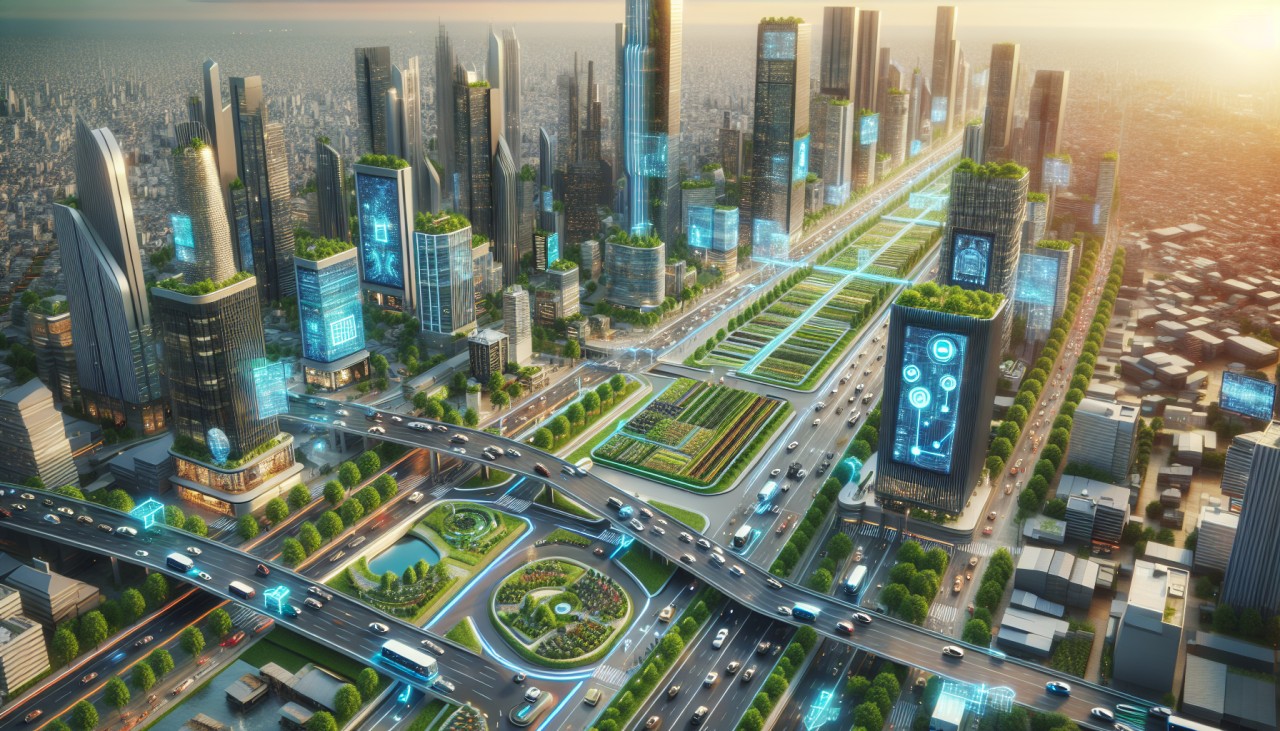


In 2025, smart cities are embracing advanced technologies to enhance urban living. The integration of 5G networks is revolutionizing connectivity, enabling faster data transmission and supporting a multitude of Internet of Things (IoT) devices. This advancement facilitates real-time data collection and analysis, leading to more efficient city management. For instance, intelligent transportation systems utilize AI to optimize traffic flow, reducing congestion and emissions. Additionally, the adoption of smart grids allows for better energy distribution, incorporating renewable sources and promoting sustainability. Cities like Vilnius, Lithuania, are leading the way by focusing on solar energy, electric public transport, and green spaces, aiming for carbon neutrality by 2030. accio.com
Citizen engagement is also a cornerstone of modern smart cities. Platforms that allow residents to report issues, track city projects, and participate in decision-making processes foster transparency and community-driven governance. This digital inclusion enhances trust between citizens and authorities, ensuring that urban development aligns with the needs and preferences of the community. Moreover, the concept of the 15-minute city is gaining traction, where essential services are accessible within a short walk or bike ride, promoting a more sustainable and livable urban environment. en.wikipedia.org